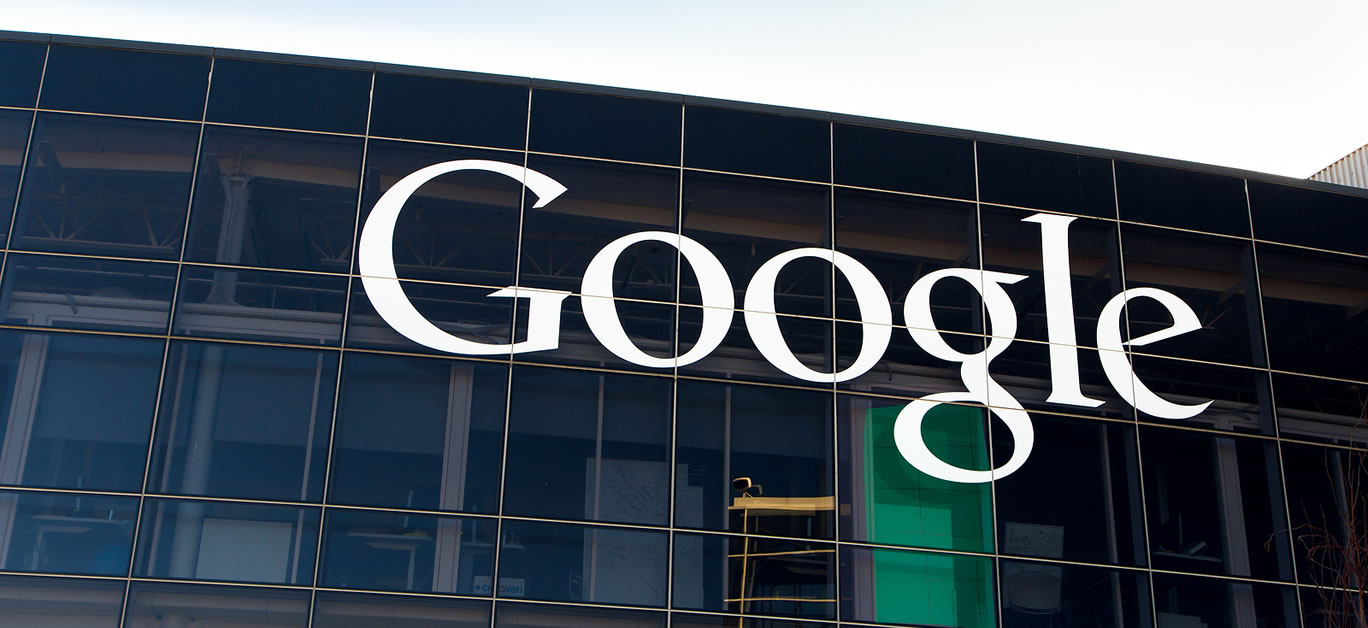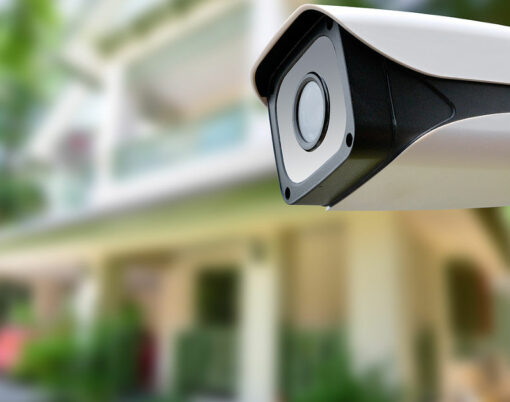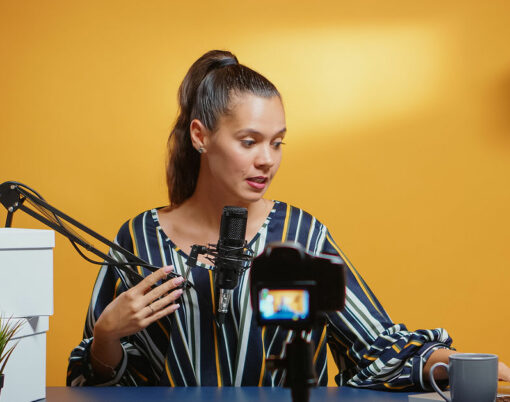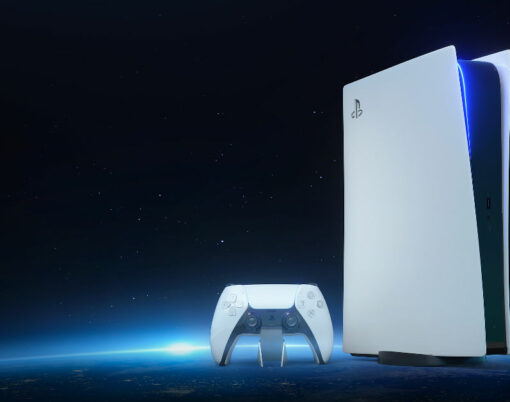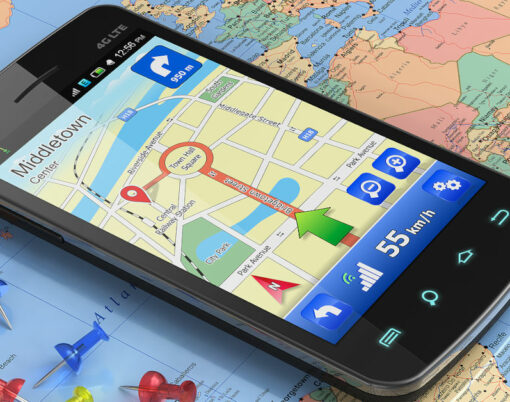We all need and enjoy the use of smartphones, but that doesn’t mean we’re always in love with how they’re built. For some of us, the problem can come from ruining the lines of a suit, while for others, a lack of durability while out travelling the world can be the killer issue.
Though folding phones can’t help with the prior issue, there are reports that Google’s new Pixel Fold might be able to address the latter. Long-rumoured, this newly leaked foldable is poised for an official reveal sometime soon. Taking a look at what this mobile could offer over a standard device, we want to check out whether an upgrade could be right for you.
Bigger screen, more engagement
Before looking at the potential of increased robustness for Google’s new phone, we have to first address the most obvious factor that folding systems have over slate devices – the larger screen. The folding screen on mobile systems makes it essentially double the size of a traditional phone. This means any use of the phone which focuses on the display and not just audio playback will see significant advantages in how engaging the experience can be.
A popular example well adapted to existing folding phones comes from the landscape of online casinos. Here, every step of the way can be aided by larger screens. The first step can be found in casino bonus offers, where comparing and collecting deposit matches and seasonal promotions is even easier thanks to the increased space of folding screens. From here, navigating to the games like slots and live games is similarly easier, and playing is enhanced through a more engaging and broader display. These same advantages apply to the entire visual entertainment spectrum, from YouTube viewing to reading the news, and using social media too.
😉😉😉 pic.twitter.com/zTpEo18K4y
— Kuba Wojciechowski :3 (@Za_Raczke) April 22, 2023
Reliability is key
Early concerns over the reliability of folding phones ended up being overstated, with established brands like Samsung’s Z Fold already proving their worth. That said, few traditional smartphones can stand up to the punishment an adventurous life can cause, so concerns about more fragile folding systems are multiplied. Even a low-processor-demand use like playing a casino game can be ruined by a broken screen, so reliability is necessary.
Should tests on Google’s release end up proving the hype, the market could have the first folding phone which is strong enough to be taken into the wild without the fear of sudden catastrophic failure. Savvy adventurers already know to take backup systems with them anyway, but for the sake of not having to actually turn to one, we can only hope the new folding Pixel delivers.
More space, more power
Folding phones necessitate a thicker profile, which can be less than desirable, but this extra space can also provide performance advantages. The more space a folding phone has inside, the bigger and more powerful the processors inside can be, and the easier it can be to cool. Since folding phones still rely on passive cooling, there will still be strict limits to speed, but this could be offset by larger batteries allowing them to operate at peak performance for longer. This won’t make a difference in watching videos or playing casino games, but it could matter for video encoding and heavier work uses.
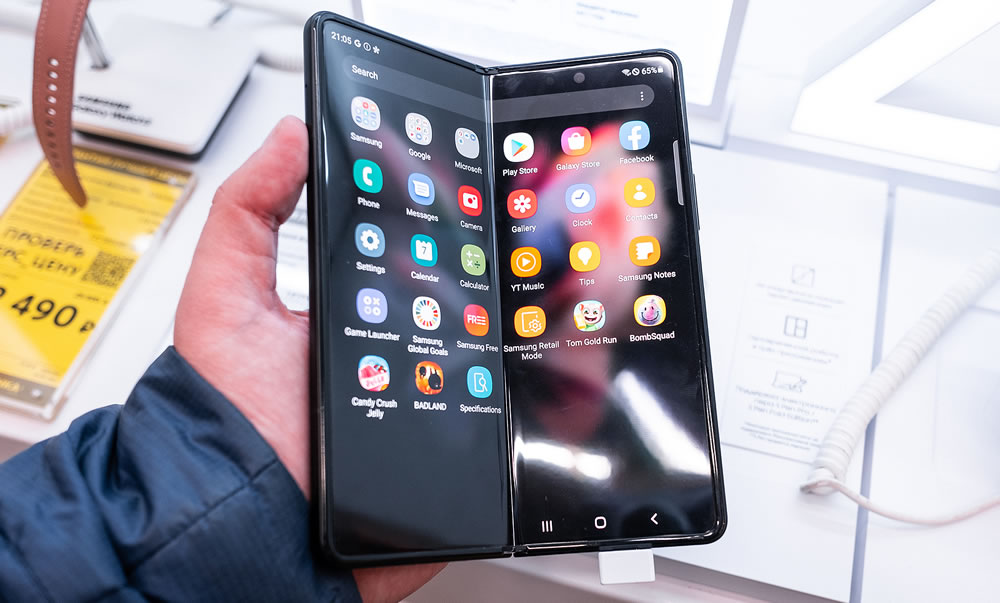
The Android equation
Apple systems offer many advantages, especially if you’re the type who likes to show off their devices with accessories, but they can also come with limitations. Apple’s strict control of its app stores and operating system places some harsh limits on the software and amount of customisation that their systems can manage. A Google device with an Android backing, won’t be bound by many of these limitations. If you’re the type of user who likes to experiment with different open-source applications, Android is your only choice, and that’s just the start.
Folding phones, offering bigger screens and improved multitasking support, are also much better for work applications than traditional devices. Unexpectedly managing work files and developments can be impossible with a mobile without flexible firmware, and this is another area where Google’s new system could excel. It still won’t be as open as a laptop would be, but folding systems would still serve as a comfortable middle-ground to at least cover when necessary.












